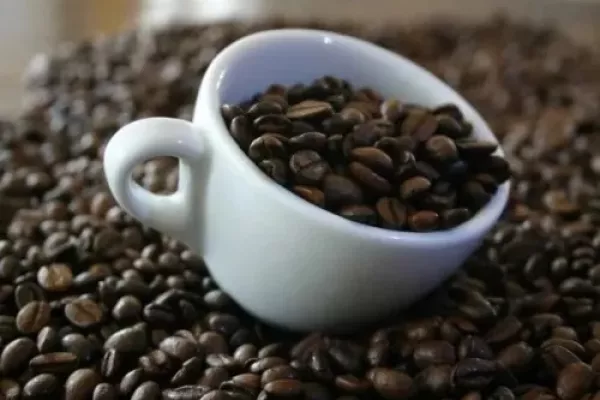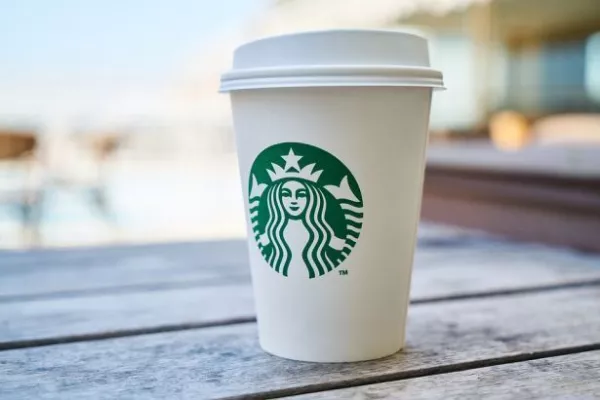UK coffee drinkers should brace to pay more for their morning fix as domestic roasters start to pass on increased import costs after Britain’s Brexit vote.
London’s small-scale producers, who help supply the capital’s taste for a quality roast, are facing a steep rise in the price of coffee beans after the pound slumped to the lowest in 30 years against the dollar. As with most imported commodities, UK roasters pay for the raw product in U.S. currency, and the foreign-exchange reaction to Britain’s vote to leave the European Union has jolted the market.
Customers of Square Mile Coffee Roasters, based in East London, have to pay 50 pence more for some 350-gram (12-ounce) bags of coffee ordered online, representing an increase of 3 percent to 5 percent, according to owner Anette Moldvaer.
“We ended up paying a lot more for our green coffee,” Moldvaer said in an interview. The second payment on a $150,000 order of 18,950 kilograms of Costa Rican beans got about $7,500 more expensive after the June 23 referendum. “We kind of got caught in the middle of it as far as our payments were concerned.”
Square Mile roasts around 120 metric tons of green coffee beans per year, sourcing from countries such as Brazil, Burundi and El Salvador. It then sells to coffee houses wholesale, and to individual customers online.
For more on the outlook for coffee prices, click here.
The costs will inevitably be passed on to the customers, of which Prufrock Coffee, a cafe and barista-training center, based in London’s Clerkenwell, is one. The impact on sales of drinks tends to lag a few months behind as roasters first clear stocks of beans.
“Roasters are buying large quantities of green coffee that last them 6 to 12 months,” owner Jeremy Challender said over an espresso. The real squeeze will come as roasters order their next batches before Christmas -- if the pound fails to recover -- and pass the extra costs on to outlets, he said.
Prufrock also imports a significant proportion of coffee from roasters on the European continent where the weak pound is already bumping up costs.
“Suddenly we’re paying more,” Challender said.
Already, due to the high cost of rent in London, Challender’s customers are paying almost double what they were five years ago, he said. Prufrock charges £2.20 pounds for an espresso and £2.80 for one with milk.
Coffee Crisis
The short-term effect of Brexit is exacerbating the upward trend in the price of premium arabica. The best coffee requires high altitudes, and is therefore more challenging to grow. Combined with increased global demand, climate change and crop disease, that’s leading to higher prices, which will be borne by the consumer. On Tuesday, Starbucks Corp. increased prices in the U.S. by 10 cents to 20 cents on “select sizes” of brewed coffee.
“There is a crisis in the world of coffee, a long-term crisis where the industry is starting to wake up,” said Jeffrey Young, chief executive officer of Allegra Group, a U.K. consultant.
Coffee’s addictive nature may temper the blow as consumers are generally willing to bear price increases for their fix, he said.
Moldvaer at Square Mile is also optimistic about the future despite the weak pound. “The cost of coffee is always volatile,” she said, and her customers tend to be understanding. Besides, Brazil is apparently in line for a bumper crop of good coffee this year -- just in time for the Christmas order.
News by Bloomberg, edited by Hospitality Ireland









